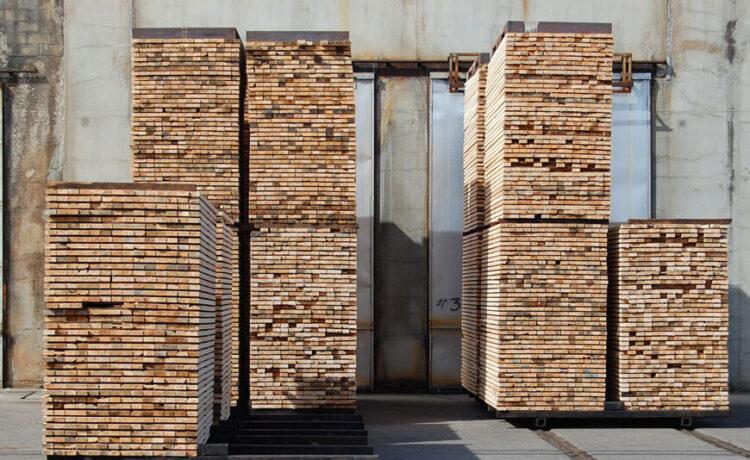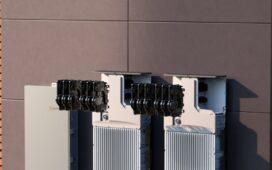Achieving superior wood quality in today’s competitive market demands more than just basic treatment; it requires advanced technologies that can meticulously control the drying process. Wood drying kiln technology has evolved significantly, incorporating innovative methods that enhance the wood’s structural integrity and aesthetic value. This comprehensive guide explores the state-of-the-art technologies used in wood drying kilns, outlining how they benefit the woodworking industry by enhancing the wood’s properties for a wide range of applications.
Understanding Wood Drying Kiln Technology
Wood drying kilns are specialized chambers designed to control the environment around wood to reduce its moisture content to a desired level. The process involves regulating temperature, humidity, and air flow to remove moisture from wood efficiently without causing the adverse effects of warping or cracking. This precise control is crucial for preparing the wood for subsequent manufacturing processes or final use.
Advantages of Modern Wood Drying Kilns
The latest advancements in wood drying kiln technology provide numerous advantages:
- Enhanced Wood Quality: Controlled drying processes ensure that the wood dries evenly and retains its shape, minimizing defects like splits and warps.
- Increased Efficiency: Modern kilns are designed to optimize energy use and reduce drying times, thereby increasing overall operational efficiency.
- Improved Durability and Performance: Properly dried wood is less susceptible to decay and insect damage, enhancing its durability and performance in final products.
Types of Wood Drying Kilns
Several types of wood drying kilns are used depending on the specific needs and scale of operations:
- Conventional Kilns: These are the most common type and use steam heat to slowly dry the wood. They are suitable for large volumes of wood and a variety of wood types.
- Dehumidifying Kilns: These kilns use heat pumps to control the drying environment more precisely, which is ideal for delicate or high-value woods.
- Solar Kilns: Utilizing solar energy, these kilns are environmentally friendly and cost-effective, though they require more time to dry the wood.
Innovative Features in Wood Drying Kiln Technology
Innovation in wood drying kiln technology focuses on enhancing control over the drying process and integrating automation for better quality outcomes. Features like automated moisture content monitoring and adjustable ventilation systems allow operators to tailor the drying process to the specific type of wood and desired end moisture content. Additionally, some advanced kilns incorporate AI to predict and adjust settings in real-time, further improving efficiency and consistency.
Choosing the Right Wood Drying Kiln
Selecting the right wood drying kiln involves several considerations:
- Capacity: Assess the volume of wood that needs to be dried and choose a kiln size that can accommodate your regular throughput.
- Wood Type: Different woods require different drying temperatures and speeds. Ensure the kiln can be adjusted to suit the specific types of wood you are working with.
- Energy Efficiency: Consider kilns that offer energy-efficient features to reduce operational costs and support environmental sustainability.
Economic and Environmental Impact
The economic benefits of using an efficient wood drying kiln are significant. By reducing waste and improving the quality of wood, businesses can achieve higher product prices and customer satisfaction. Environmentally, using energy-efficient kilns or those powered by renewable energy can greatly reduce the carbon footprint of wood drying operations.
Maintenance and Upkeep
Regular maintenance is essential to keep a wood drying kiln operating at peak efficiency. This includes routine inspections of heating elements, fans, and control systems, as well as periodic checks on insulation and seals.
Conclusion
The use of innovative wood drying kiln technology is crucial for achieving superior wood quality. These advanced systems allow for precise moisture control, enhanced wood properties, and greater operational efficiency. Whether for small-scale bespoke furniture makers or large-scale construction lumber suppliers, investing in the right wood drying technology is essential for maintaining a competitive edge in the market.







